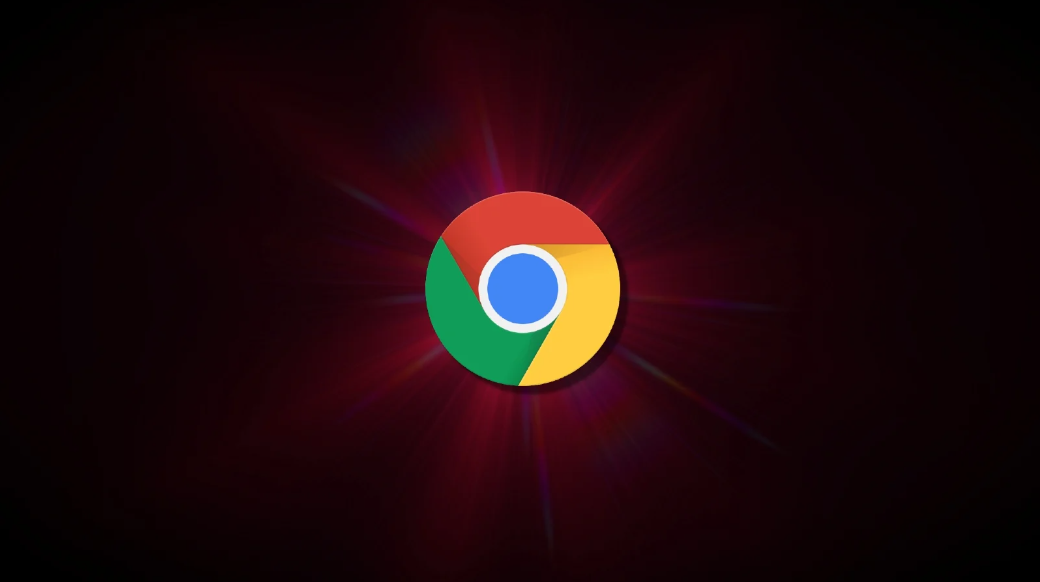Microsoft Interferes With Chrome By Providing AI Answers To Google’s Browser Queries
Microsoft is taking a strange approach in the browser wars, by attempting to keep users from switching to competitor platforms. In February, Neowin reported that Microsoft placed giant ads for its Edge browser when people used Edge to download Google’s Chrome browser. Now, Microsoft has taken it a step further by using AI – or the appearance of AI – to convince people not to download Google’s browser.
Microsoft’s AI Chatbot Window Appears When Installing Chrome
The Verge reported this week that when they tried to install Chrome on a new Windows machine, a full-screen Microsoft Bing AI chatbot window appeared, claiming to be looking for “Bing features.”
Author Sean Hollister wrote that “This is clearly not Microsoft’s GPT-4 chatbot at work — it’s a completely canned interaction.” He included a screenshot of the Bing chat saying “Here’s what I generated for you” and then showed a series of links and articles touting the wonders and benefits of the Bing search engine.
Hollister was furious. “Every link to the search result is completely pushed off my screen by this canned ad copy,” he complained.
Microsoft Caught In The Act
Hollister asked Microsoft for comment and received this general statement from Micro soft product marketing director Jason Fischel:
“We often experiment with new features, UX and behaviors to test, learn and improve experiences for our customers. These tests are often brief and do not necessarily represent what is ultimately or broadly offered to customers.”
Shortly after The Verge published the story containing that comment, Fischel confirmed that Microsoft had pulled the plug on the “AI as advert” experiment.
Microsoft’s attempt to keep users from switching to competitor platforms has been met with criticism. The Redmond tech giant has been accused of underhanded tactics, such as placing giant ads for its Edge browser when people used Edge to download Google’s Chrome browser. Now, Microsoft has taken it a step further by using AI – or the appearance of AI – to convince people not to download Google’s browser.
The Verge reported this week that when they tried to install Chrome on a new Windows machine, a full-screen Microsoft Bing AI chatbot window appeared, claiming to be looking for “Bing features.” Author Sean Hollister wrote that “This is clearly not Microsoft’s GPT-4 chatbot at work — it’s a completely canned interaction.” He included a screenshot of the Bing chat saying “Here’s what I generated for you” and then showed a series of links and articles touting the wonders and benefits of the Bing search engine.
Hollister was furious. “Every link to the search result is completely pushed off my screen by this canned ad copy,” he complained. Microsoft’s attempt to use AI to convince people not to download Google’s browser was met with criticism.
Microsoft was asked for comment and received this general statement from Micro soft product marketing director Jason Fischel:
“We often experiment with new features, UX and behaviors to test, learn and improve experiences for our customers. These tests are often brief and do not necessarily represent what is ultimately or broadly offered to customers.”
Shortly after The Verge published the story containing that comment, Fischel confirmed that Microsoft had pulled the plug on the “AI as advert” experiment.
Microsoft’s tactics have been met with criticism, as they appear to be underhanded attempts to keep users from switching to competitor platforms. Microsoft’s use of AI – or the appearance of AI – to convince people not to download Google’s browser is just the latest example of this.
Microsoft’s AI chatbot window was a full-screen advertisement, with a canned interaction claiming to be looking for “Bing features.” The chatbot showed a series of links and articles touting the wonders and benefits of the Bing search engine, pushing off any links to the search result.
Hollister asked Microsoft for comment and received this general statement from Micro soft product marketing director Jason Fischel:
“We often experiment with new features, UX and behaviors to test, learn and improve experiences for our customers. These tests are often brief and do not necessarily represent what is ultimately or broadly offered to customers.”
Microsoft has since pulled the plug on the “AI as advert” experiment, but the Redmond tech giant’s tactics have been met with criticism. Microsoft’s use of AI – or the appearance of AI – to convince people not to download Google’s browser is just the latest example of this. Microsoft’s attempts to keep users from switching to competitor platforms are seen as underhanded and unethical.





